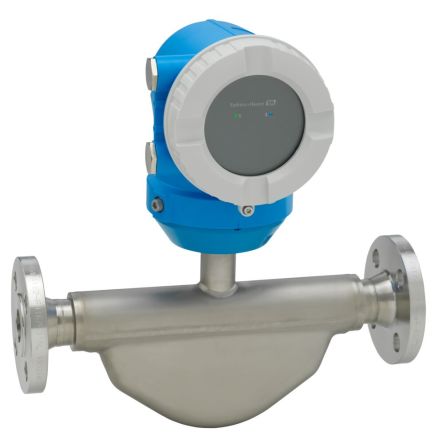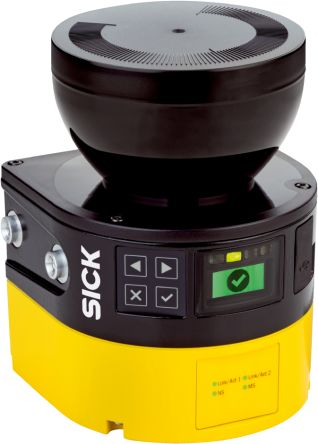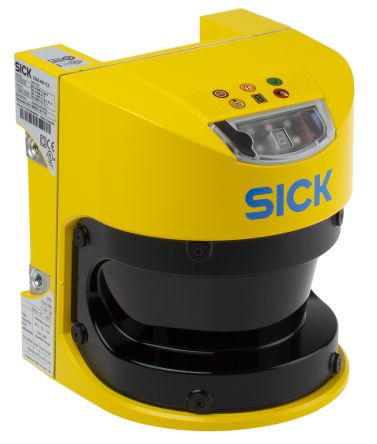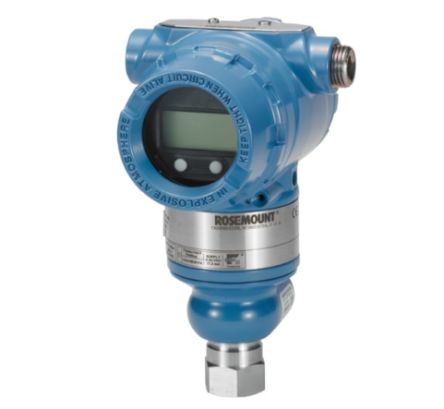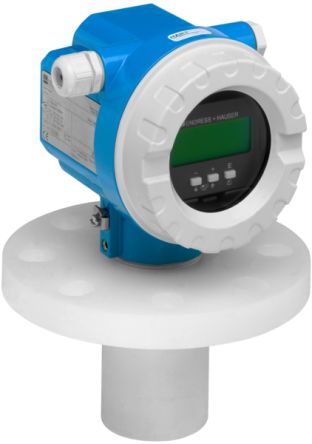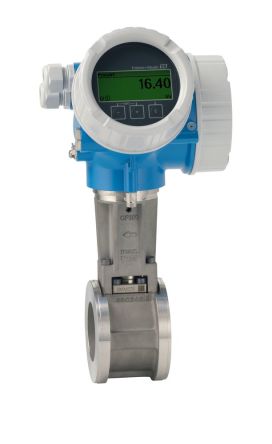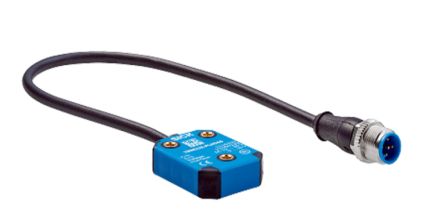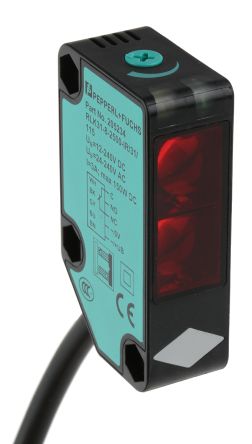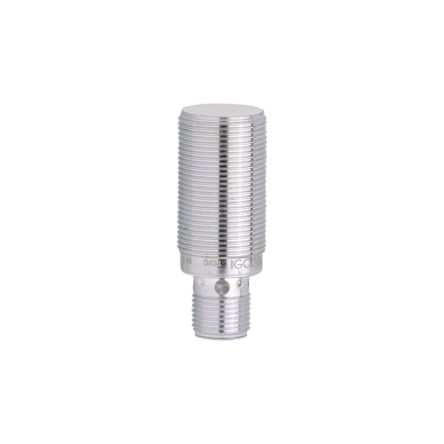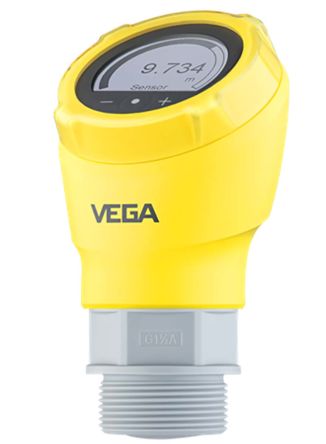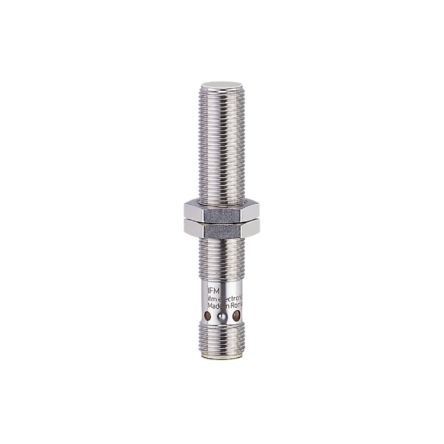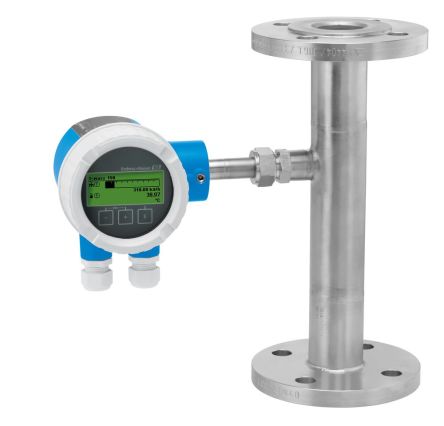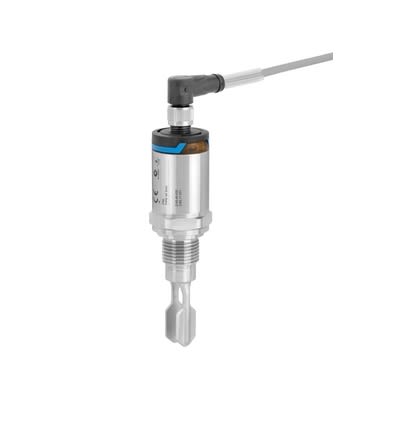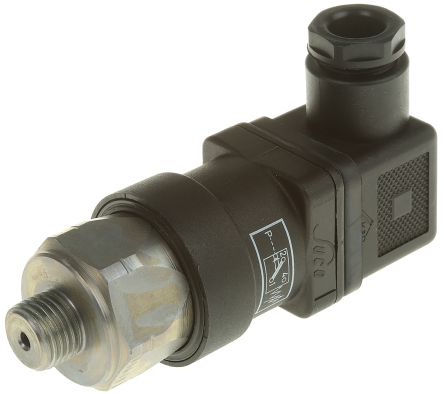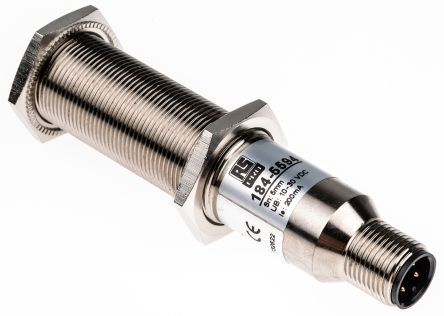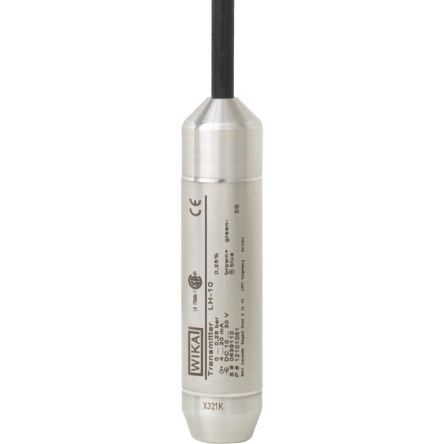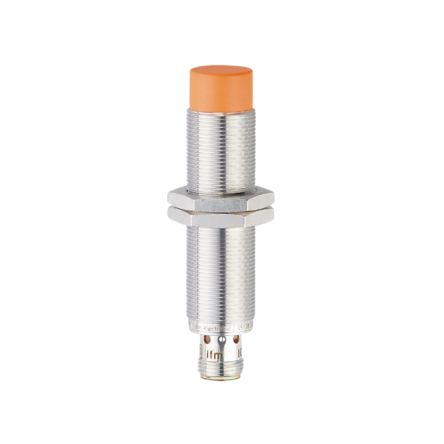The RS selection of sensors offers a wide range, from general-purpose to RFID and IO-Link models. The RS range includes high-performance and high-precision sensors solutions for detection and measurement, smart automation, and precision monitoring.
What sensors are available in this range?
A sensor is able to detect and measure different types of energy and transform it into a readable output, and as such are available in distinctive types for distinctive measurement purposes, such as:
- Thermal sensors – often known as temperature sensors, these can be set to measure a specific temperature or a range of temperatures. They are often used for environmental compliance, and can be a key components of humidity sensor applications such as automated AC units.
- Proximity sensors – Motion sensors can work as ultrasonic sensors, which use sonic waves to determine proximity to objects. Capacitive proximity sensors use electromagnetic waves to determine the proximity of metallic objects, and are frequently used in food safety environments.
- Flow sensors – these sensors are for measuring the force of fluid flow.
- Pressure sensor – for sensing the physical pressure of gas or fluids, these sensors can be used in pneumatic and hydraulic applications.
- Photoelectric sensors – often referred to as optical sensors, photoelectric sensors use a beam of electro magnetic radiation to detect the presence and location of an object. They are available as through-beam sensors, retro-reflective sensors and diffuse sensors.
- Light and Colour sensors – often a type of optical sensor that works by casting light and measuring the reflected radiation, light and colour sensors can accurately determine a colour or shade, or its absence. Light intensity and colour or contrast sensors are often used in automation and control machinery to ensure the consistent running of a material.
- Motion sensors- a broad category of sensors used to detect motion, often by infrared light, such as in PIR sensors.
What are smart sensors?
As Industry 4.0 and the Internet of Things (IoT) are revolutionising and advancing automated systems. IO-Link is a recognised global networking standard for sensors that allows machines from different manufacturers to communicate with each other. Smart sensors carry out the same measurement applications as regular sensors with additional control through smart capabilities such as self-identification, testing, validation, and learning. They help to provide live data, establish communication between machines and react on their own to diagnose and correct issues to improve efficiencies.































